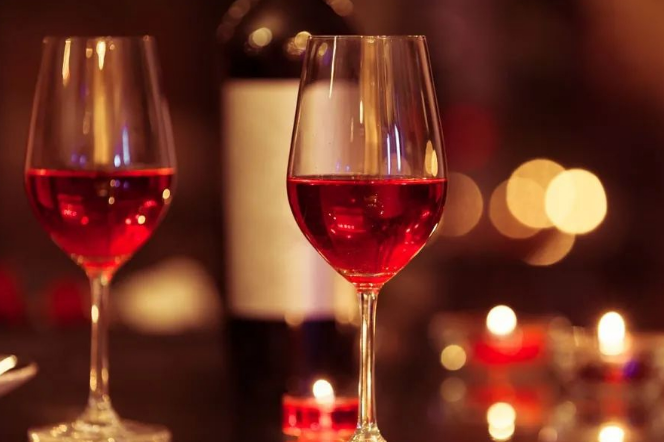For the average person, just beginning to drink red wine may not be used to, because red wine is a fermentation of grapes, even belt seeds, tannin content is relatively high, so the taste will be more astringent. Therefore, as a novice, how to choose red wine and how to drink red wine is particularly important.
For the entry-level wine lover, a soft, easy to drink red wine may be more suitable. Therefore, we can choose to start with light-bodied red wines.
What information does a wine label have to help us judge the quality of a wine?
Grape varieties
Grape variety can tell you a lot about the typical aroma, body, tannins, complexity and aging potential of a wine. Many Old World wine-producing countries, such as France, Spain and Italy, generally do not label their wines 39bet-xì dách-phỏm miền bắc-tiến lên miền bắc-xóc đĩa-game bắn cá. At this point, we can infer the variety according to the producing area. For example, if a red wine comes from Barolo, Italy, it is likely to be made from the Nebbiolo variety.
 region
region
The region can tell you about the style, intensity and flavor characteristics of a wine. Everyday table wines from Bordeaux, for example, tend to be rustic, medium-bodied and slightly lower in alcohol than Napa Valley Cabernet Sauvignon.
Regional information is especially important in Burgundy, where the climate and terroir of the subregions can be distinctly different and the wines produced differ in style, Gevrey-chambertin, for example, is stronger than Vosne Romanee.
Winery/vineyard/producer
This information is crucial and basically tells you the quality of the wine. In Bordeaux, chateaux are the most reliable indicator of wine quality. In the Bordeaux 1855 classification, there are 61 "Grand Cru Classe", of which only 5 have reached the first class. Chateau Lafite Rothschild, Chateau Latour, Chateau Margaux, Chateau Haut-Brion and Chateau Mouton Rothschild).
Should you buy cheap wine?
After all, wine is a kind of wine, and there is a certain threshold of price. Should you buy cheap wine or not?
The sad corollary of discounting wine is that no one is willing to pay more for it. It must be sold so cheaply because the grapes come from some unknown source and are then processed industrially in large quantities.
That may be true: the wine may be made from a little-known grape, not from a famous house or place, and the workers may be paid very little, or the supermarket may simply have used its purchasing power to steal a very low price. But if a wine is really good, it won't be so buried: the market will surely reward quality.
The real "value for money" lies in the mid-range
Once you get out of the cheap-drinking phase, you start to give more substantial support to dedicated brewers (as opposed to the middlemen). You begin to pay for the provenance, the low but fine yields, the subtle and gentle winemaking techniques, and inspire the next generation of winemakers to continue in THE WINemaking business.
The world of wine is constantly mutating, and fame takes generations to build. In the process, you will find a lot of hidden treasures that are worth a lot of money. So, if you can afford to pay a little more, spend it on a mid-range wine with great potential. The world of wine is so diverse and there are so many of them that we could spend a lifetime exploring them -- though we often end up with a few of our favorite "old friends."
As you all know, the world of wine is full of legends and misconceptions, many of which are related to old wines. Why do people drink old wine? Is it for the wine inside, for the dusty bottle, for the moggy label, for the name "old wine", for a particular vintage, to appreciate the ability of a wine to age for a long time, or to worship a famous wine?
It may be that the old wine is indeed rich and beautiful, but it is more likely that it is simply too old (lifeless, thin bodied, monotonous in flavor, gaunt in bone, sour and boring, or over-oxidized) to give us much less enjoyment than a young bottle.
But how can this be said out loud - it is extremely disrespectful to the old wine and the host who has kept it carefully and shared it with you. So we often sing the praises of the old wine with other guests, and the misunderstanding of the old wine is deepened.
I advise lovers to keep in mind that "mature" wines can be better than "old" wines. Many wines are "ripe" after six months, a year or two.
